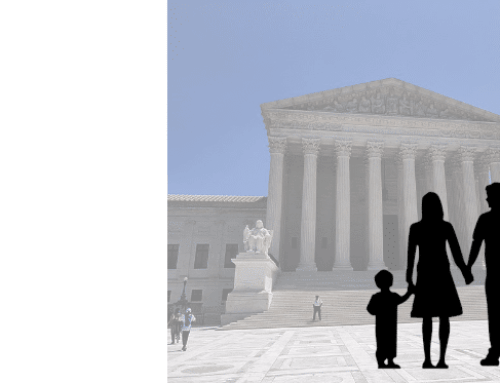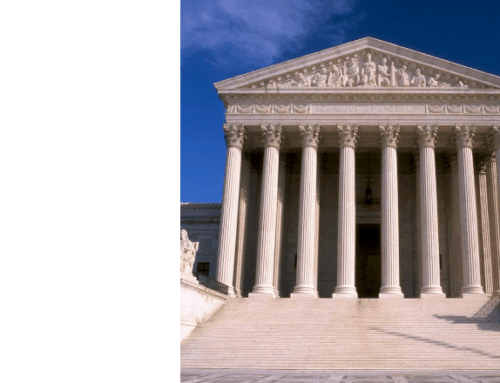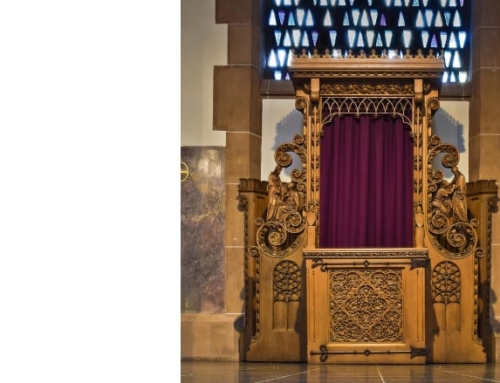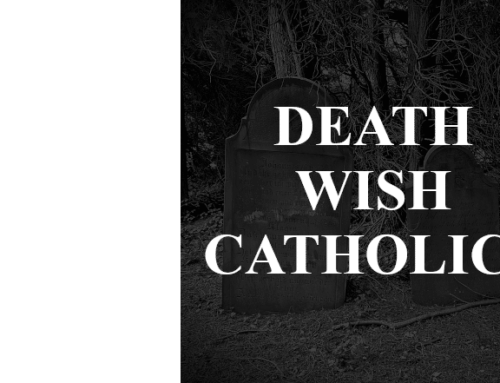Catholic League president Bill Donohue comments on a report issued by the Leadership Roundtable:
It would be hard to find a more vacuous document on the subject of clergy sexual abuse than the one released by the Leadership Roundtable; it was based on a summit held prior to the Vatican meeting on this subject last month.
This organization, which has previously done some very fine work, dropped the ball this time. Before addressing the report’s most glowing failure, a word about its recommendations is in order.
There are six pages of recommendations on pp. 12-17, and another six pages on pp. 22-27.
The first cluster, pp. 12-17, addresses Accountability, Co-Responsibility, and Transparency for USCCB Leadership; it is followed by Accountability, Co-Responsibility, and Transparency for Bishops; the last part is Accountability, Co-Responsibility, and Transparency for Lay Leaders.
With certain exceptions, the wording is very much the same for the USCCB Leadership, the Bishops, and Lay Leaders. If this wasn’t repetitive enough, the second cluster, pp. 22-27, is similar to the first.
More serious is the refusal to address the reasons why priestly sexual abuse occurs.
It was encouraging to read on p. 4 a section that addresses the “Twin Crises of Abuse and Leadership Failures.” Just as encouraging was a section on p. 5 that discusses the “Root Causes” of these problems.
Regrettably, absolutely nothing in the report even attempts to examine the root causes of sexual abuse; only leadership failures are noted.
Yet p. 4 it admits that “there are twin crises that need twin solutions.” True. The scandal involves two parties: the enabling bishop and the molesting priest. Why didn’t anyone associated with this report bother to question why only the former is discussed?
Three cardinals, Blase Cupich of Chicago, Joseph Tobin of Newark, and Sean O’Malley of Boston, participated in the summit. Surely someone, if not them, should have seen the gaping hole in this report.
The report follows the establishment-talking point, adopted by Rome, that puts the entire blame on the bishops, thus avoiding a discussion of the priest who acted out. This explains why clericalism is mentioned twelve times; there is no mention of gays or homosexuality.
To be sure, clericalism may account for why some bishops did not act responsibly; the “I am the bishop and I know best” type of episcopal leadership smacks of elitism. But it does not explain why other bishops did what they did, much less does it account for the act of abuse.
For example, it surely does not explain why bishops who listened to the advice of therapists, and were guided by a sense of forgiveness, did not remove an accused priest from ministry. Why was this aspect to the problem never noted?
Whatever role clericalism may have played with some bishops, it is of no explanatory value accounting for why a priest molested a postpubescent male. And since this describes 80 percent of the cases, why was there no discussion of the role played by homosexual priests?
It is even worse than this. On p. 6 the report cites as an example of clericalism “a pastor who makes an important decision for the parish without proper consultation.” Point conceded. But what does this have to do with raping an adolescent?
Similarly, on p. 8, under “Root Causes of Twin Crises,” it lists four factors. Three of them constitute the mantra: lack of accountability, co-responsibility, and transparency. The fourth is clericalism!
Recall that on p. 4 it said that “there are twin crises that need twin solutions.” Correct. So what happened? Why did they not even discuss the dynamics that allow a priest to abuse a young man? Whatever happened to probing the “root cause”?
Even more absurd, after calling attention to the problem of clericalism—blaming it for everything—it says on p. 8 (and again on p. 30) that they need to “Define clericalism, its root causes, and the various forms it takes.”
Undergraduates are expected to define the terms used in a term paper before they employ them. Is it too much to ask that those who prepare a report for Church leaders do the same? Moreover, why are they convinced that a concept they have yet to define is responsible for the problem they seek to resolve?
Just as was true in the Vatican summit, there is a reluctance to come to grips with the overwhelming role played by homosexual priests in the sexual abuse scandal.
What do those associated with this report think Pope Francis meant when he took up the issue of a “gay lobby” in the Church?
What do they think Father Donald Cozzens meant when he said the priesthood risks becoming a “gay profession”?
What do they think Father Richard McBrien meant when he spoke about the “gay culture” in the Church?
What do they think Father Andrew Greeley meant when he wrote about the “Lavender Mafia” in the Church?
None of these men are known as die-hard conservatives. If they were honest enough to discuss the obvious, why aren’t those at the Leadership Roundtable?







